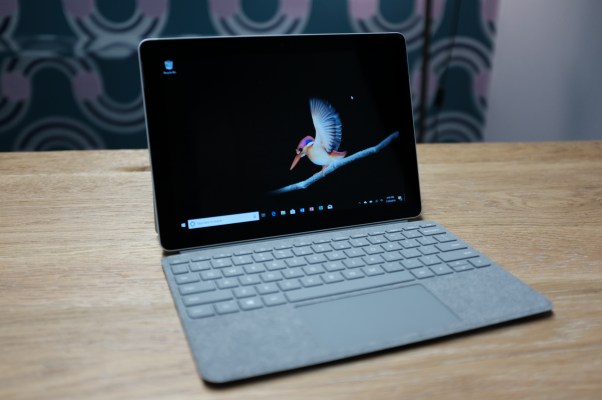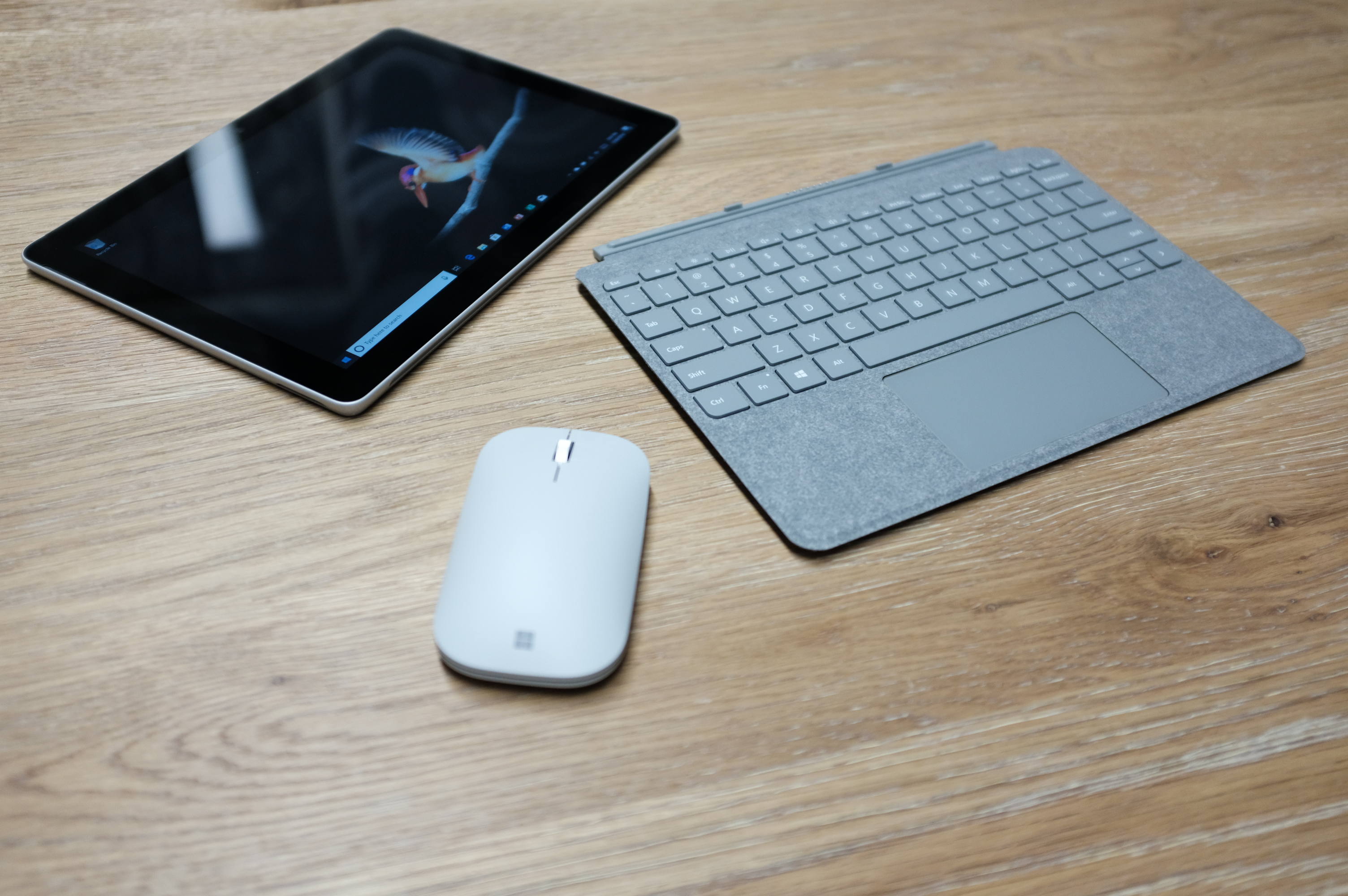

As a nearly constant traveler I’ve been looking for something like the Surface Go all my life. I’ve lugged around everything from massive ThinkPads to iPad Pros and I’ve always found myself stuck in one of two situations – the laptops that made the most sense were too heavy to be comfortably portable and the tablets and ultraportables I used, including the Surface Pro, offered too much of a performance trade-off to warrant swapping from a full desktop device.
I tried a number of other laptops over the past year including my daily driver, the TouchBar-powered MacBook Pro, as well as a Lenovo’s oddly designed YogaBooks. Nothing quite clicked. The trade offs were always drastic. Wanted power? Sacrifice weight. Wanted thin and light? Sacrifice the keyboard. Want battery life and compatibility? Sacrifice the desktop experience. So when the Surface Go came out I wasn’t too excited.
Now I am.
When Brian Heater first reviewed the device he found them lacking. “And the Surface Go isn’t a bad little device, at the end of the day. At $400, it’s on the pricier side for a tablet, and certain sacrifices have been made for the sake of keeping the price down versus the souped up Surface Pro,” he wrote. “And unlike other Surface devices, the Go is less about pioneering a category for Windows 10 than it is simply adding a lower-cost, portable alternative to the mix. As such, the product hits the market with a fair bit of competition. Acer and Lenovo have a couple, for starters, most of which fall below the Go’s asking price.”
He’s right. There are thin and lights available for far less, and the Surface Go, with its 6-hour battery life and mid-range specs, is no hard core gaming machine. However, the user experience of the Go when matched with a keyboard cover have blown other contenders out of the water. Why? Because, like Google’s Pixel line, Microsoft knows how to tune its hardware to its software.
The Surface Go easily replaced by MacBook for most activities including light photo editing, writing, and communications. The Go ships with Windows 10 in S mode, a performance improving mode that reduces the total number of available apps available but, thanks to a certification process, ensures the apps will be more performant. It is trivial to turn off S Mode and install any other app you want and most people will do this, realizing that while noble, S Mode just doesn’t fly if you’re trying to use the whole breadth of the Windows universe.
Once I turned off S Mode I could install Scrivener and a few other tools and even got some games running, although the tablet gets a little hot. That’s the real benefit of the Surface Go – you don’t compromise on apps, performance, or size and all of it is specially tuned to the software it runs.
If you’re thinking of exploring the Surface Go you’ll find it’s not the cheapest ultraportable on the market. At $399 for the entry level model – I regret not splurging on the $150 upgrade – and $99 for the keyboard cover – it’s still more expensive than similarly appointed devices from Asus and Lenovo . That said none of those manufacturers could hit on all of the sweet spots that Microsoft hit. In terms of design and ease-of-use the Surface Go wins and in terms of price you’re basically paying a little more for more compatibility and performance.
So if you’re looking for a portable, usable, and fun device that beats many other current laptops hands down, it might be time to turn your gaze on Microsoft. As someone who got sciatica from lugging around too many heavy laptops, your buttocks will thank you.


